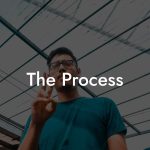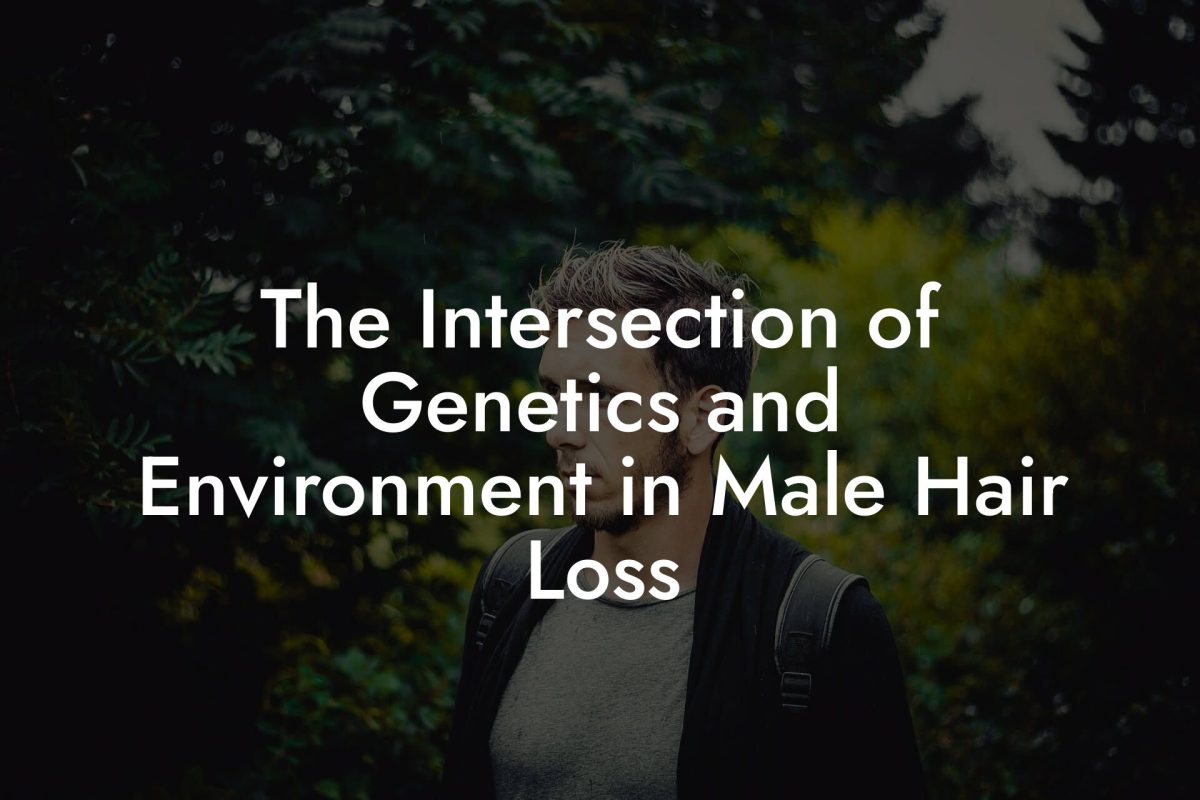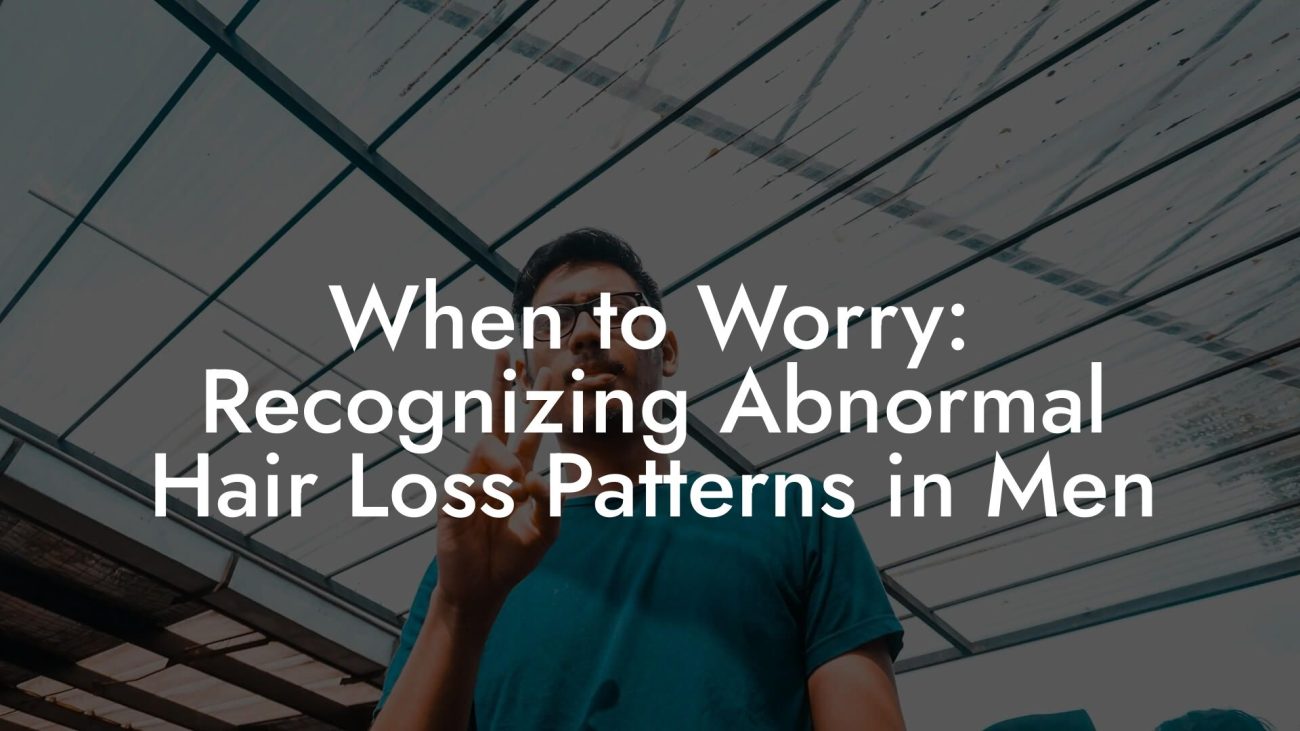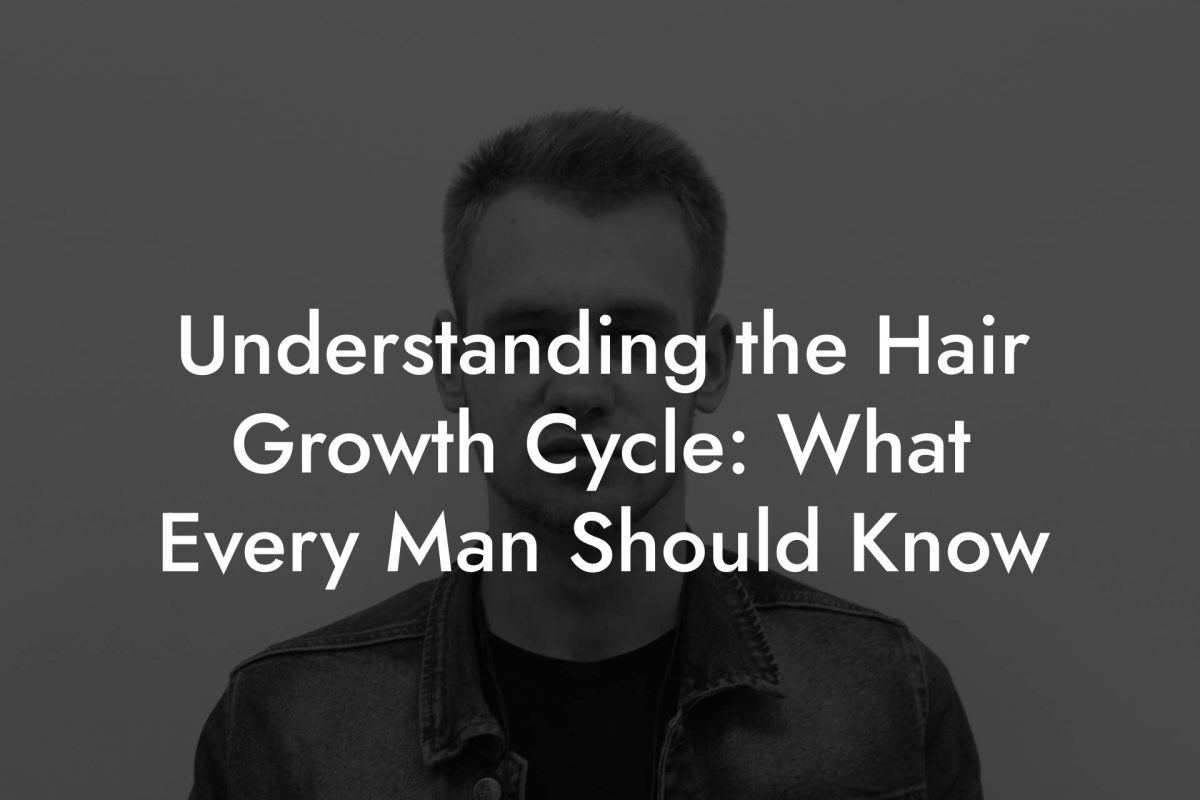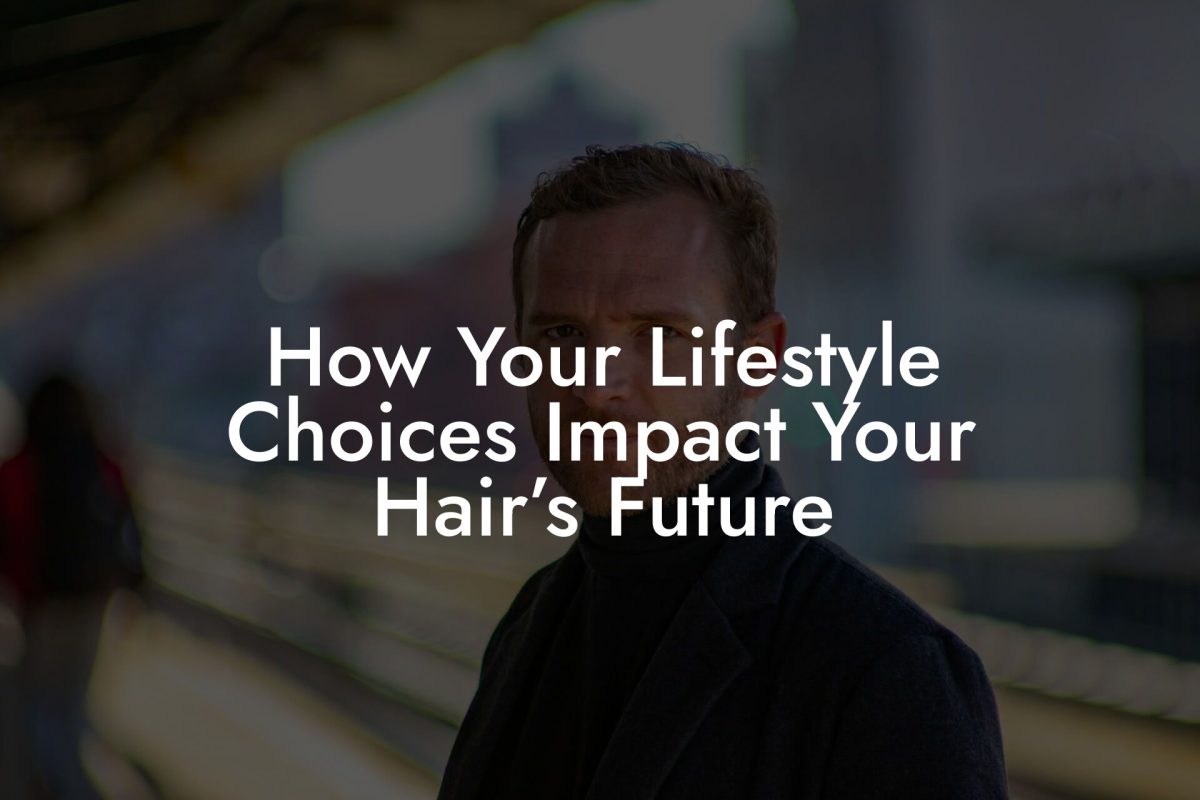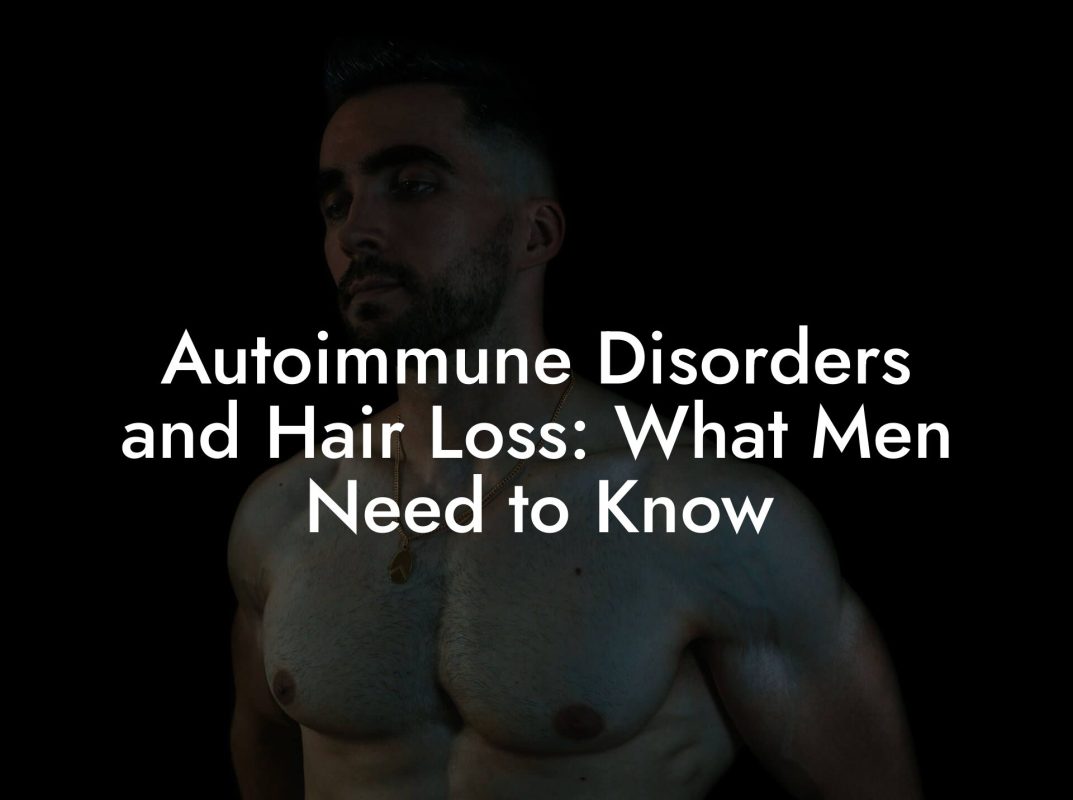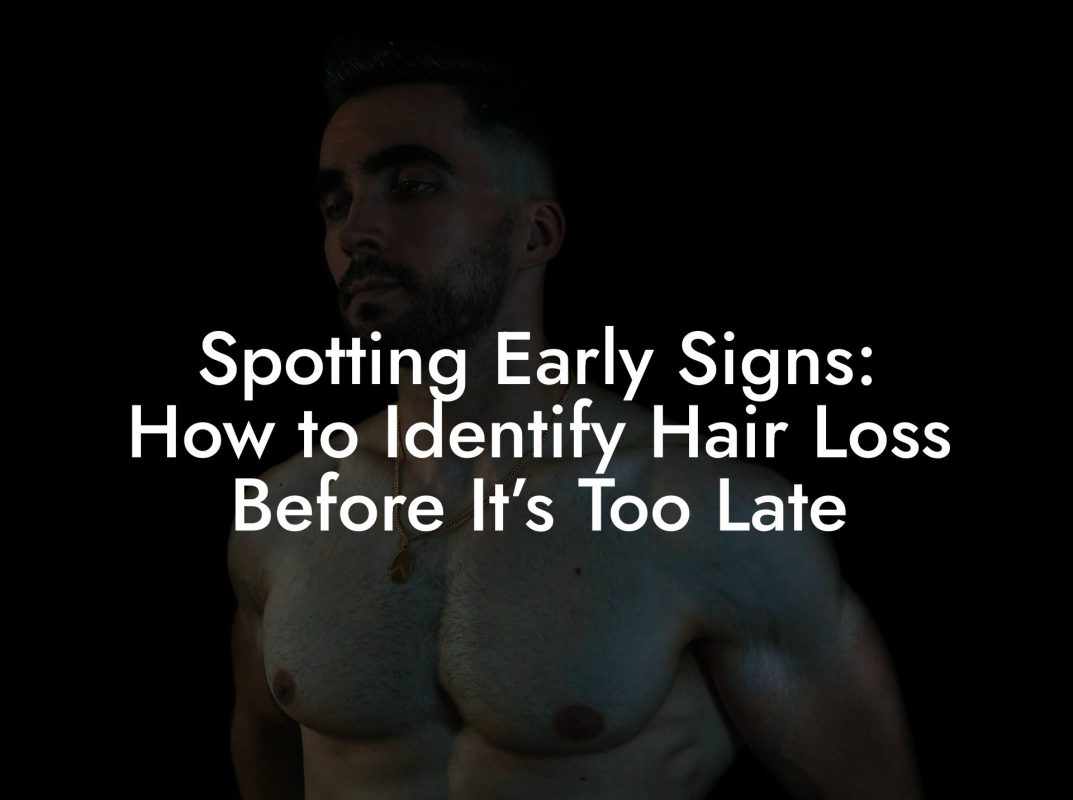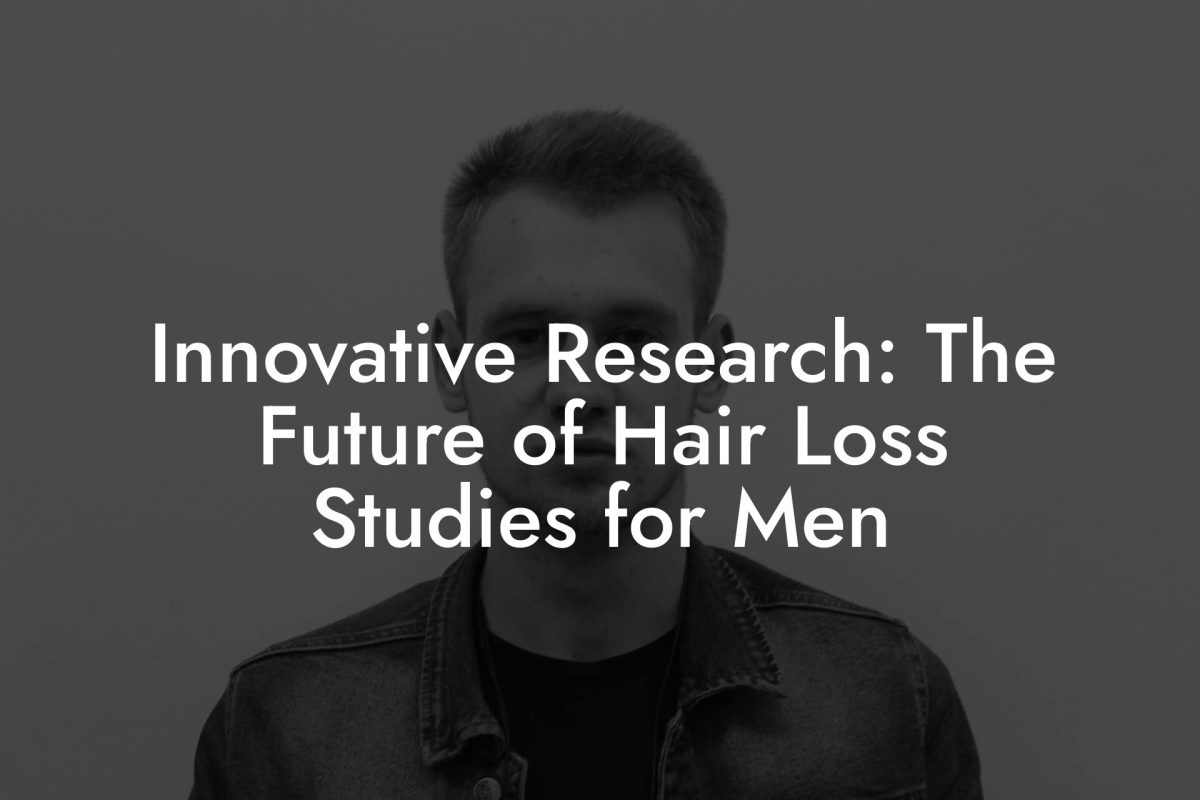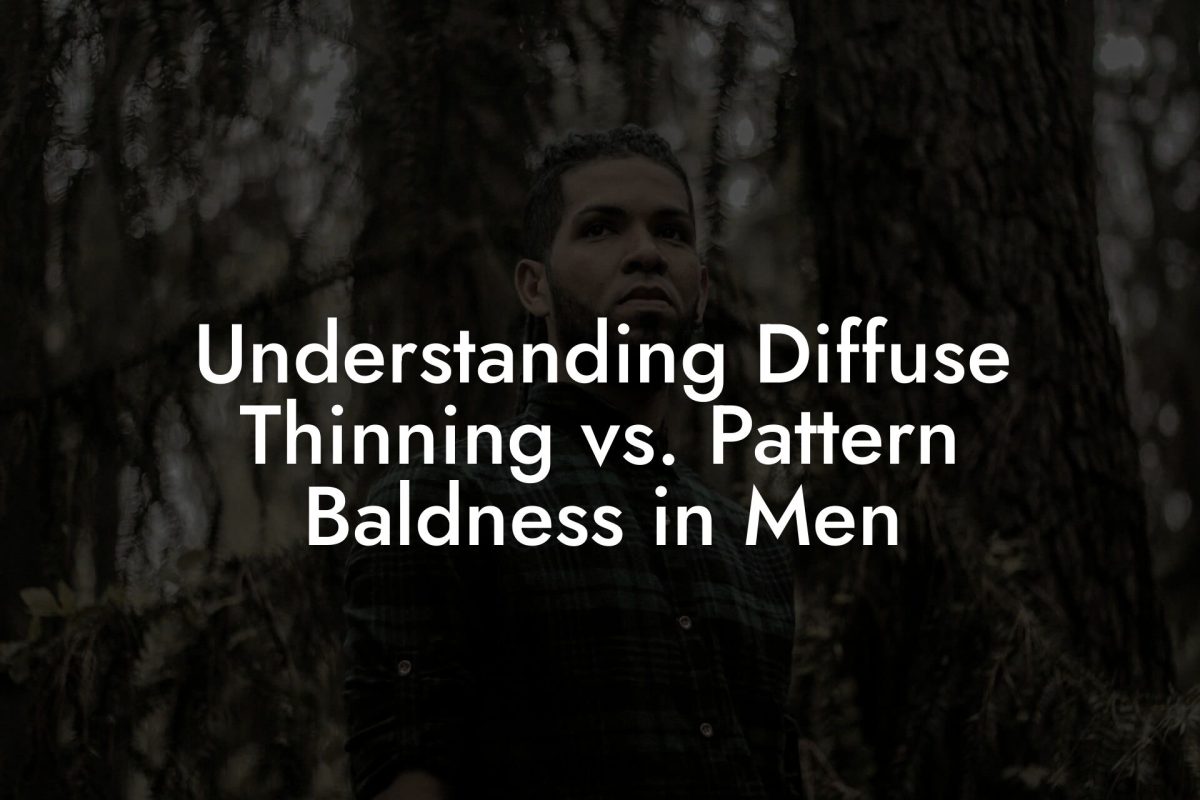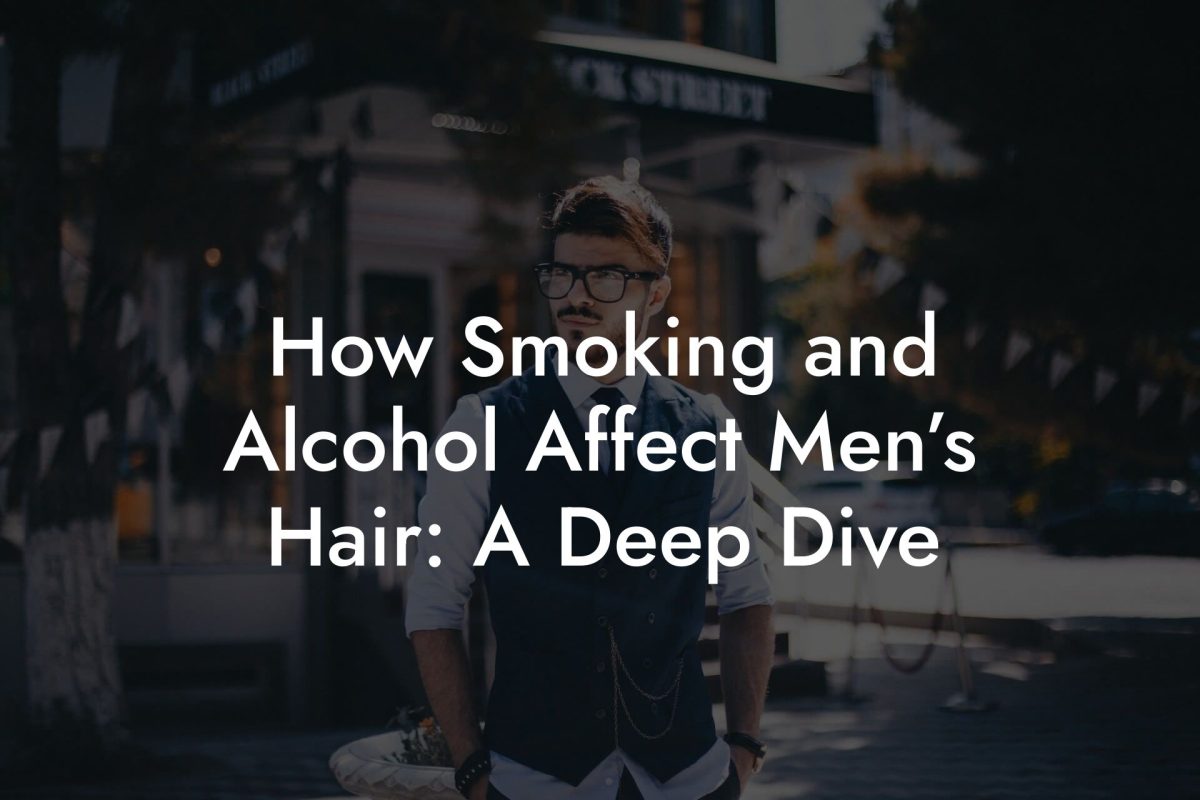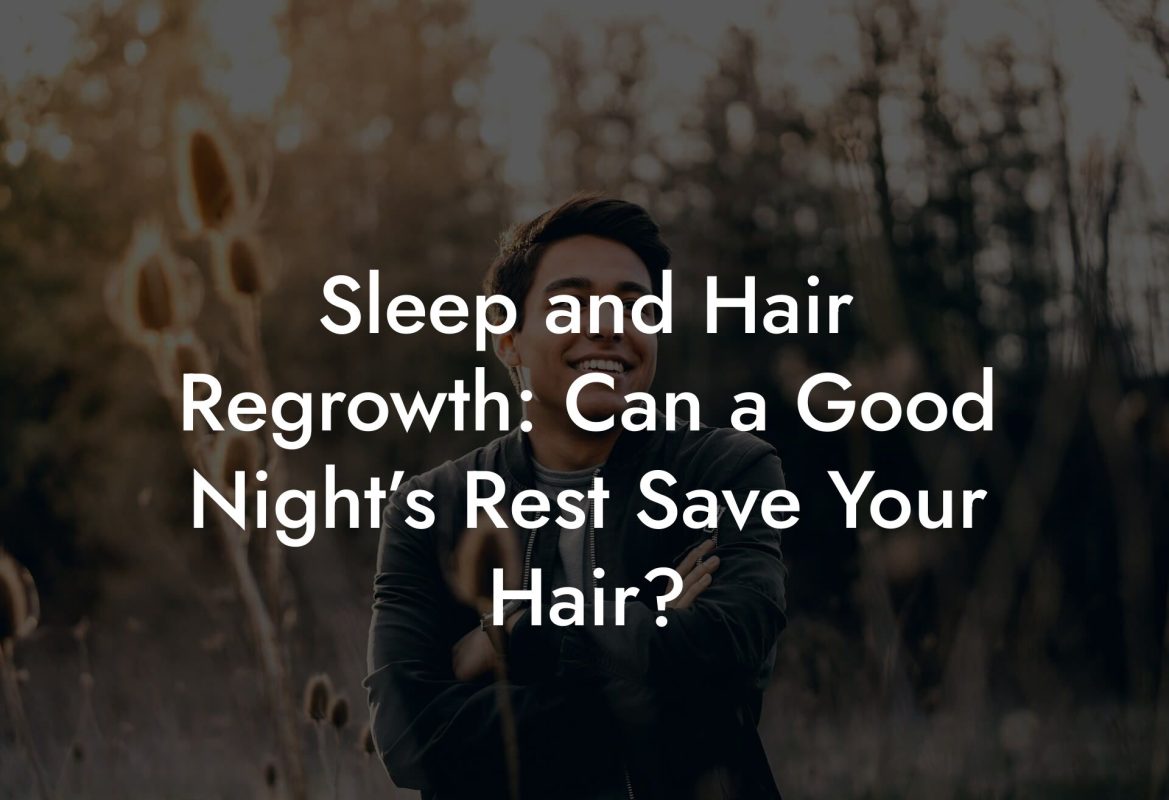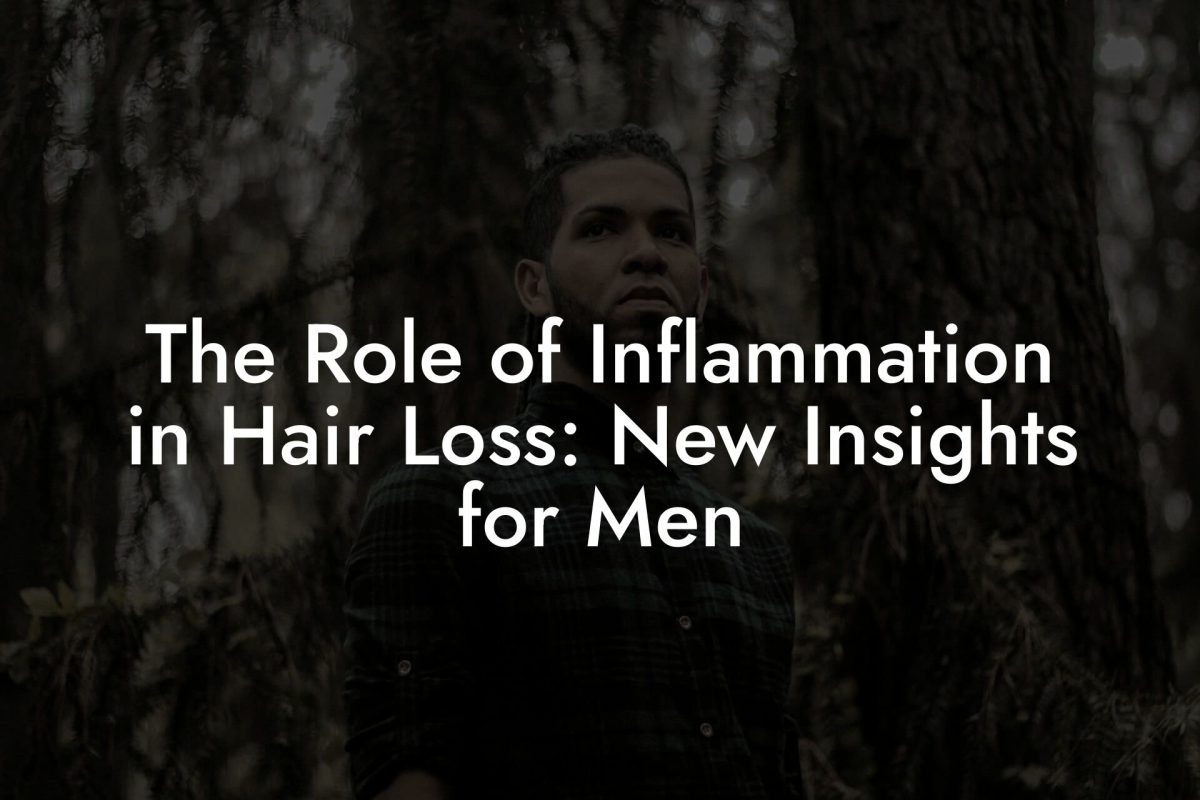Hair Loss Library
Stress and Strands: Exploring the Link Between Anxiety and Hair Loss
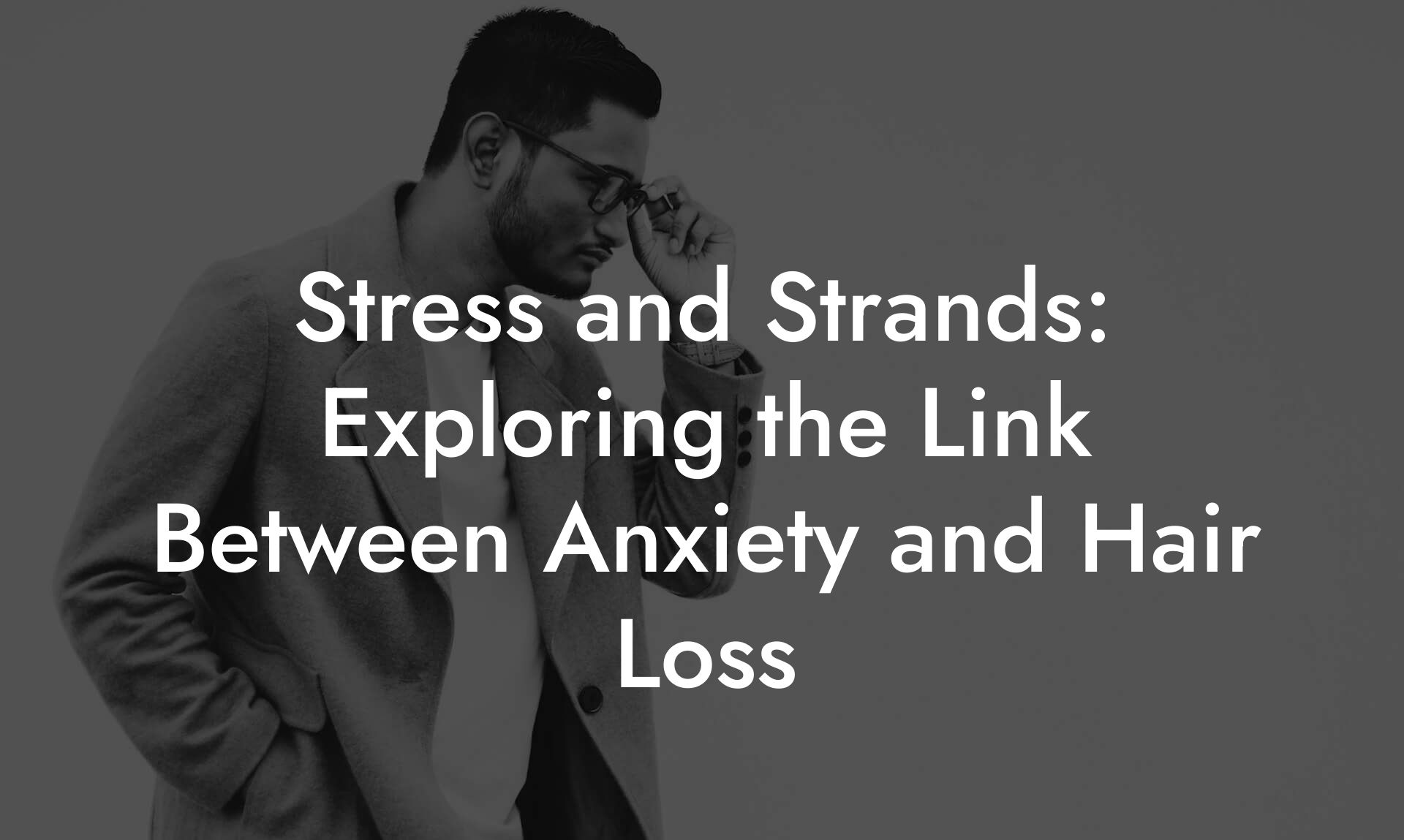
Ever caught yourself wondering if your frizzy hair is staging a revolt because of your stress? Welcome to “Stress and Strands: Exploring the Link Between Anxiety and Hair Loss,” where we dive headfirst into the fascinating (and sometimes hilarious) world of how modern-day stress and anxiety can lead to unexpected hair loss—specifically for men. Here at Mane Matrix, we get it: you want expert advice without the awkward doctor visits or expensive treatments. So, buckle up and get ready for a wild ride through science, lifestyle tricks, and holistic hacks to keep your mane looking boss-level, no matter how hectic life gets.
Understanding the Connection Between Stress and Hair Loss
Let’s face it: life nowadays is a roller coaster of deadlines, social media drama, and the constant hustle. And as many men have discovered, high stress levels can sometimes take an unexpected toll on your precious strands. When anxiety spikes, our bodies produce a hormone called cortisol—a notorious troublemaker that can throw your hair growth cycle completely off balance.
Hair grows in cycles: anagen (growth), catagen (transition), and telogen (rest). Under stress, a phenomenon called telogen effluvium can occur, where more hair follicles than usual shift into the resting phase, leading to noticeable shedding. It’s like your hair is saying, “I’ve had enough of your crazy schedule; I’m out!” While this condition is usually temporary, it can leave you feeling anxious about your once-thick mane.
But don’t worry—understanding this process is the first step in managing it. By identifying the root causes of stress and employing both conventional and holistic techniques, you can support a healthier hair growth cycle and, hopefully, reclaim your hair’s confidence.
The Science Behind Anxiety and Hair Loss
Science tells us that when your brain encounters prolonged stress, it releases cortisol and adrenaline to help your body handle the “fight or flight” response. While this is great for surviving a zombie apocalypse (or a surprise Zoom meeting), it can wreak havoc on your hair follicles. Chronic high levels of cortisol not only disrupt the hair growth cycle but can also impair the follicles' ability to regenerate.
Beyond cortisol, stress can indirectly lead to nutritional deficiencies by affecting your appetite and digestion. Essential vitamins and minerals like biotin, zinc, and vitamin D fuel healthy hair growth, and if you’re too stressed to eat right, your follicles might not get the nourishment they need.
Moreover, heightened anxiety often correlates with poor sleep and irregular routines, which further compounds the issue. When your circadian rhythm goes haywire, it affects every cell in your body—including those busy little cells in your scalp producing hair.
Common Patterns and Misconceptions in Men’s Hair Loss
It’s time to bust some myths! While genetics plays a major role in hair loss (hello, androgenetic alopecia), stress-induced hair shedding is an entirely different beast. Many men mistakenly believe that any hair loss is a sign of permanent baldness, but stress-related hair loss (telogen effluvium) is typically reversible.
Another common misconception is that only older men deal with hair loss. In today’s fast-paced, anxiety-inducing world, millennials and Gen Z are also noticing more hair shedding, which can be a real mood killer—especially when you’re trying to make that killer first impression.
The bottom line? Recognizing the specific patterns related to stress, such as sudden thinning or increased shedding after a rough week, is crucial in distinguishing between genetic hair loss and stress-induced hair changes.
Conventional Treatments and Medical Approaches
When it comes to hair loss, conventional treatments can offer a helping hand. For stress-related hair shedding, the usual advice includes over-the-counter minoxidil or discussing prescription options like finasteride with a professional. These treatments work by stimulating hair follicles or reducing the effects of hormones that trigger hair loss.
However, traditional medical solutions are not a one-size-fits-all magic pill—especially when stress is a major contributor. They often require a bit of trial and error and can come with side effects that make you wonder if your scalp is moonlighting as an adverse reaction lab.
Modern diagnostic tools and expert analyses (like the ones offered by Mane Matrix) help pinpoint the underlying factors affecting your hair. This means you get a more personalized assessment of your scalp health, without the embarrassment of lengthy consultations or invasive procedures.
Integrative and Holistic Approaches to Managing Stress-Related Hair Loss
If your hair loss has you feeling like the villain in your own hair-raising horror movie, it might be time to embrace an integrative, holistic approach. Think of it as a lifestyle intervention that not only targets those pesky hair follicles but also addresses the root cause—stress.
This approach involves combining conventional hair loss treatments with complementary strategies designed to reduce anxiety, improve nutrition, and balance your overall health. Instead of treating symptoms in isolation, you’re taking a 360° spin on your well-being.
Stress Management Techniques
One of the first steps is to adopt effective stress management techniques. Whether it’s mindfulness meditation, deep breathing exercises, or even laughing at your friend’s pun-filled Instagram stories, a bit of relaxation goes a long way in keeping cortisol levels in check.
Physical Activity and Exercise
Regular physical activity is a fantastic stress buster. Exercise releases endorphins (your body's natural “feel-good” chemicals) and improves blood circulation, delivering more oxygen and nutrients to your scalp. Even a brisk walk outside or a quick home workout can make a significant difference to both your mood and your mane.
Mind-Body Connection
Establishing a strong mind-body connection also plays a crucial role. Try incorporating yoga or Pilates into your routine to improve posture and reduce tension in the neck and shoulders—the often-overlooked culprits that contribute to scalp stress.
Embracing an integrative strategy means taking care of your mental health, which in turn supports the physical health of your hair. It’s a win-win: you calm your mind and give your follicles a fighting chance.
Nutritional Support: Feed Your Follicles
Your hair—much like the rest of your body—thrives on proper nutrition. When you're stressed, your body might not absorb nutrients as effectively, leaving your hair follicles starved for the essential vitamins and minerals they need.
A balanced, anti-inflammatory diet can work wonders for your scalp and hair health. Focus on incorporating:
- Protein: Hair is primarily made of keratin, a type of protein. Ensuring you get enough lean protein from sources like chicken, fish, beans, and tofu helps keep your locks strong.
- Vitamins and Minerals: Vitamins A, C, D, E, and the B-complex (especially biotin) are crucial for hair growth. Minerals like zinc, iron, and magnesium also play important roles in hair follicle function.
- Omega-3 Fatty Acids: Found in fatty fish, walnuts, and flaxseeds, these healthy fats help reduce inflammation and nourish your scalp.
- Antioxidants: Foods high in antioxidants, such as berries, leafy greens, and nuts, can help protect your hair follicles from oxidative stress induced by anxiety.
Hydration is equally important. Drinking plenty of water throughout the day ensures that your scalp remains well-hydrated, aiding in nutrient absorption and overall hair health.
Lifestyle Hacks to Battle Stress and Hair Loss
Sometimes, the smallest tweaks in your daily routine can lead to the biggest improvements in both your mental health and your hair’s appearance. Here are some lifestyle hacks that might just have you falling in love with your hair again:
Prioritize Quality Sleep
Sleep is your body's natural reset button. Aim for 7-9 hours of quality sleep per night to help regulate cortisol levels and give your hair a chance to repair itself. Consider creating a digital curfew—switch off those screens at least an hour before bedtime—to mitigate sleep disturbances caused by blue light exposure.
Regular Exercise and Relaxation
Mixing regular exercise with dedicated relaxation techniques, such as mindfulness meditation or progressive muscle relaxation, can significantly lower stress levels. Not only will your mood thank you, but you might just notice healthier hair growth as a bonus.
Effective Hair Care Routine
A gentle hair care regimen can help reduce breakage and irritation. Ditch the harsh shampoos and opt for sulfate-free, nourishing formulas. Avoid excessive heat styling and learn to embrace your hair’s natural texture. After all, each strand tells the story of your resilience.
Mindful Social Habits
In today’s digital age, social media can be a source of both inspiration and anxiety. Curate your feeds to follow accounts that promote positivity, self-care, and realistic standards of beauty—and remember that sometimes less is more when it comes to scrolling.
By integrating these lifestyle hacks into your daily routine, not only will you be better equipped to manage stress, but you’ll also foster an optimal environment for your hair to thrive.
Real-Life Case Studies: From Stress to Success in Hair Care
Theory is great, but nothing beats real-life success stories. Meet a few guys who turned their stressful experiences and hair loss woes into testimonies of triumph.
Case Study 1: Jack’s Journey from Workplace Woes to Winning Hair
Jack, a 32-year-old graphic designer, found himself grappling with unexpected hair shedding after a series of high-pressure projects. With mounting deadlines and perpetual anxiety, his scalp felt like it was hosting a rebellion. Instead of resigning to fate, Jack revamped his daily routine. Integrating short meditation sessions and starting his mornings with a nutritious, balanced breakfast, he also swapped his high-caffeine drinks for refreshing herbal teas. Over time, he noticed his hair shedding reduced significantly and his mane began showing signs of resilience. Jack’s story proves that with the right lifestyle tweaks, it’s possible to rewrite the narrative of stress-induced hair loss.
Case Study 2: Marcus' Makeover—From Stress to Scalp Serenity
Marcus, a 28-year-old software developer, always believed that stressful coding marathons were his inevitable fate. But during a particularly rough patch, he started experiencing alarming hair thinning. Realizing that something had to change, he turned to an integrative approach: regular exercise, a nutrient-rich diet loaded with omega-3s and antioxidants, and daily mindfulness practices. Marcus even dared to try scalp massages to boost circulation (and yes, he now documents these rituals on his social media, inspiring others in the tech community). Today, Marcus not only sports a healthier head of hair but also boasts a newfound sense of calm that shows in his creative work.
Case Study 3: Liam’s Lifestyle Shift—From Panic to Plate
Liam’s experience began with a panic-inducing realization: the mirror was reflecting a hairline that was receding faster than his patience during rush hour traffic. Instead of panicking, he consulted trusted experts and embraced a holistic lifestyle overhaul. Liam’s strategy included a carefully crafted hair care routine, dietary adjustments (he learned that his snacks of sugary energy drinks and chips weren’t exactly scalp-friendly), and stress management techniques like jogging and digital detoxes. The result? A gradual slowdown in hair loss progression and a marked improvement in his overall well-being. Liam’s holistic journey is a reminder that sometimes, the best medicine is a complete lifestyle shift.
These case studies illustrate that while stress and hair loss might seem like an inevitable duo, proactive steps and an integrative approach can lead to remarkable transformations.
Creating Your Personalized Plan to Combat Stress-Related Hair Loss
Developing a personalized strategy to manage stress-induced hair loss starts with self-awareness and a commitment to change. Here’s a step-by-step roadmap to help you navigate your way to a healthier scalp:
Step 1: Assess Your Stressors
Identify the major sources of stress in your life. Whether it’s work, relationships, or a chaotic social calendar, recognizing these factors is the first step toward managing them effectively.
Step 2: Evaluate Your Diet and Lifestyle
Take a close look at your eating habits and daily routines. Are you fueling your body with nutrient-dense foods, or is your diet heavy on processed snacks? A well-balanced diet rich in proteins, vitamins, and minerals is essential for hair regeneration.
Step 3: Incorporate Stress Management Practices
Start small by integrating stress-reduction techniques into your daily routine. A few minutes of meditation, deep breathing, or even a quick walk can lower cortisol levels, benefitting both your overall health and your hair.
Step 4: Explore Complementary Treatments
Look beyond the conventional. Consider exploring complementary therapies such as scalp massages, yoga, or even aromatherapy. These methods can relax both your mind and your hair follicles, creating a fertile ground for regrowth.
Step 5: Monitor Your Progress
Keep a journal or use a digital tracker to log your daily routines, stress levels, and hair condition. Over time, you’ll be able to pinpoint which changes have the most positive impact.
Step 6: Seek Expert Guidance
Leverage the expertise available at platforms like Mane Matrix, which offer professional, discreet analysis without the hassle of traditional consultations. A tailored plan is often the key to sustainable improvement.
Remember, this plan isn’t static. Your personalized strategy should evolve as you discover what works best for your stress levels and your hair. Small, consistent adjustments add up to significant long-term benefits.
Resources and Community Support: Your Next Steps
Feeling overwhelmed by all these strategies? Don’t worry—you’re not in this alone. The digital age offers a plethora of resources and communities where you can share experiences, gain insights, and celebrate progress.
Online forums, social media groups, and dedicated websites (looking at you, Mane Matrix) provide platforms to connect with others facing similar challenges. Whether it’s sharing personal success stories or seeking advice on the best nutritional supplements and hair care routines, these communities can be a goldmine of information.
In addition, many reputable blogs and influencers in the men’s health space regularly share tips on managing stress and hair loss. From video tutorials on effective scalp massages to articles detailing the best anti-inflammatory diets, these resources are designed to empower you on your journey.
If you’re ready to take action, consider scheduling regular self-check-ins, joining a supportive community, or even following a dedicated hair care plan put together by experts in holistic health. Your path to resilient, healthier hair is just a few proactive steps away.
FAQs: Your Stress and Hair Loss Questions Answered
Below are some of the most frequently asked questions about anxiety, stress, and hair loss. Know that these answers are designed to help you better understand your journey and empower you to take control!
1. What is telogen effluvium and how is it related to stress?
Telogen effluvium is a temporary condition where stress pushes more hair follicles into the resting phase, leading to increased shedding. The good news? It’s usually reversible once stress levels are managed.
2. Can reducing stress actually help my hair grow back?
Absolutely. Lowering stress can decrease cortisol levels and signal hair follicles to return to the growth phase, which may reduce hair loss and encourage regrowth.
3. How long does it take for stress-induced hair loss to reverse?
Recovery varies from person to person. Once stress levels are reduced, hair typically starts to regrow within a few months, though full recovery can take up to a year.
4. Are there specific foods that help prevent hair loss?
Yes, a balanced diet rich in lean protein, omega-3 fatty acids, antioxidants, and essential vitamins (like biotin and vitamin D) can help nourish your hair and promote a healthy scalp.
5. What are some effective stress management techniques for reducing hair loss?
Techniques like mindfulness meditation, deep breathing exercises, yoga, regular physical activity, and ensuring proper sleep can be great ways to manage stress and indirectly support hair growth.
6. Can scalp massages really make a difference?
Scalp massages help improve blood circulation, delivering nutrients directly to hair follicles, which may support healthy hair growth over time.
7. How do medications like minoxidil work for stress-related hair loss?
Minoxidil works by stimulating hair follicles and increasing blood flow to the scalp. It’s most effective when combined with strategies that reduce stress.
8. Is it necessary to see a doctor for stress-related hair loss?
If you notice significant or prolonged hair shedding, consulting with a specialist can provide valuable insights. Services like those offered by Mane Matrix offer a discreet and expert analysis without the intimidation of traditional consultations.
9. Can hair loss be entirely reversed?
In many cases, especially with stress-induced hair loss, proactive management can lead to significant improvements. However, outcomes vary, and early intervention is key.
10. Are integrative approaches more effective than traditional medical treatments alone?
An integrative approach that combines stress management, proper nutrition, lifestyle changes, and conventional treatments tends to yield better long-term results by addressing not just the symptoms but the underlying causes.
Your Journey to Confident, Stress-Free Strands
Embracing the battle against stress-induced hair loss isn't just about keeping your hair on your head—it’s about reclaiming your confidence and celebrating your individuality in today’s fast-paced world. By recognizing the intricate connections between anxiety, lifestyle, nutrition, and your hair’s health, you have the power to transform your experience from one of helplessness to one of proactive resilience.
Every mindful practice, every nutritious meal, and every positive lifestyle change is a powerful step toward not just better hair but a healthier, happier you. The journey might have its ups and downs, but remember: you’re armed with the knowledge, expert insights, and a community eager to support you. It’s time to flip the script on stress, embrace holistic practices, and let your confidence—and your hair—shine.
Whether you’re practically living in a constant battle with work deadlines or just trying to figure out how to balance the chaos of modern life, know that taking proactive steps can yield noticeable transformations. Let your journey be a testament to the fact that great hair isn’t just about genetics—it’s about grit, self-care, and the courage to try something new.
So take a deep breath, give your scalp some love, and step boldly into a world where your stress doesn’t define your strands. Your story is just beginning, and every strand is a symbol of your strength and determination.
If you loved this article... Dive deeper into the world of mens hair loss with our most popular sections. If there is anything you think is missing or anything you would love for us to write about, just give us a shout.
Why Am I Losing Hair? Unpacking the Science Behind Men’s Hair Loss
The Ultimate Guide to Male Pattern Baldness: Causes and Clues
Hormones & Hair: How Testosterone Impacts Hair Loss in Men
Genetics vs. Lifestyle: What’s Really Causing Your Hair Loss?
Stress and Strands: Exploring the Link Between Anxiety and Hair Loss
Decoding Androgenetic Alopecia: What Every Man Needs to Know
How Aging Affects Your Hair: Understanding the Natural Process
The Role of Diet in Hair Health: Nutrients That Prevent Hair Loss
Environmental Factors: How Pollution and Toxins Trigger Hair Loss
Medical Conditions and Hair Loss: What’s Normal and What’s Not?
The Impact of Medications on Men’s Hair: What You Should Ask Your Doctor
Unraveling Scalp Health: Signs Your Scalp Needs Extra Care
Hair Loss Myths Busted: Separating Fact from Fiction
The Role of Inflammation in Hair Loss: New Insights for Men
Sleep and Hair Regrowth: Can a Good Night’s Rest Save Your Hair?
How Smoking and Alcohol Affect Men’s Hair: A Deep Dive
Understanding Diffuse Thinning vs. Pattern Baldness in Men
Innovative Research: The Future of Hair Loss Studies for Men
Spotting Early Signs: How to Identify Hair Loss Before It’s Too Late
Autoimmune Disorders and Hair Loss: What Men Need to Know
The Science Behind Hair Follicle Miniaturization Explained
How Your Lifestyle Choices Impact Your Hair’s Future
Understanding the Hair Growth Cycle: What Every Man Should Know
When to Worry: Recognizing Abnormal Hair Loss Patterns in Men
The Intersection of Genetics and Environment in Male Hair Loss

